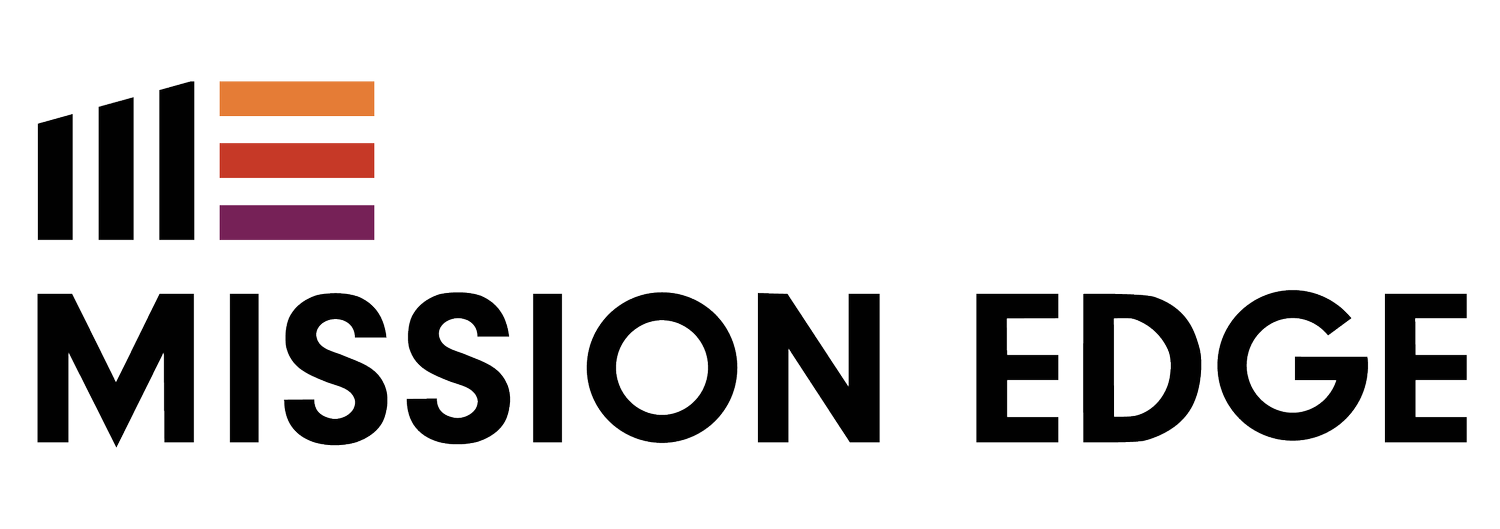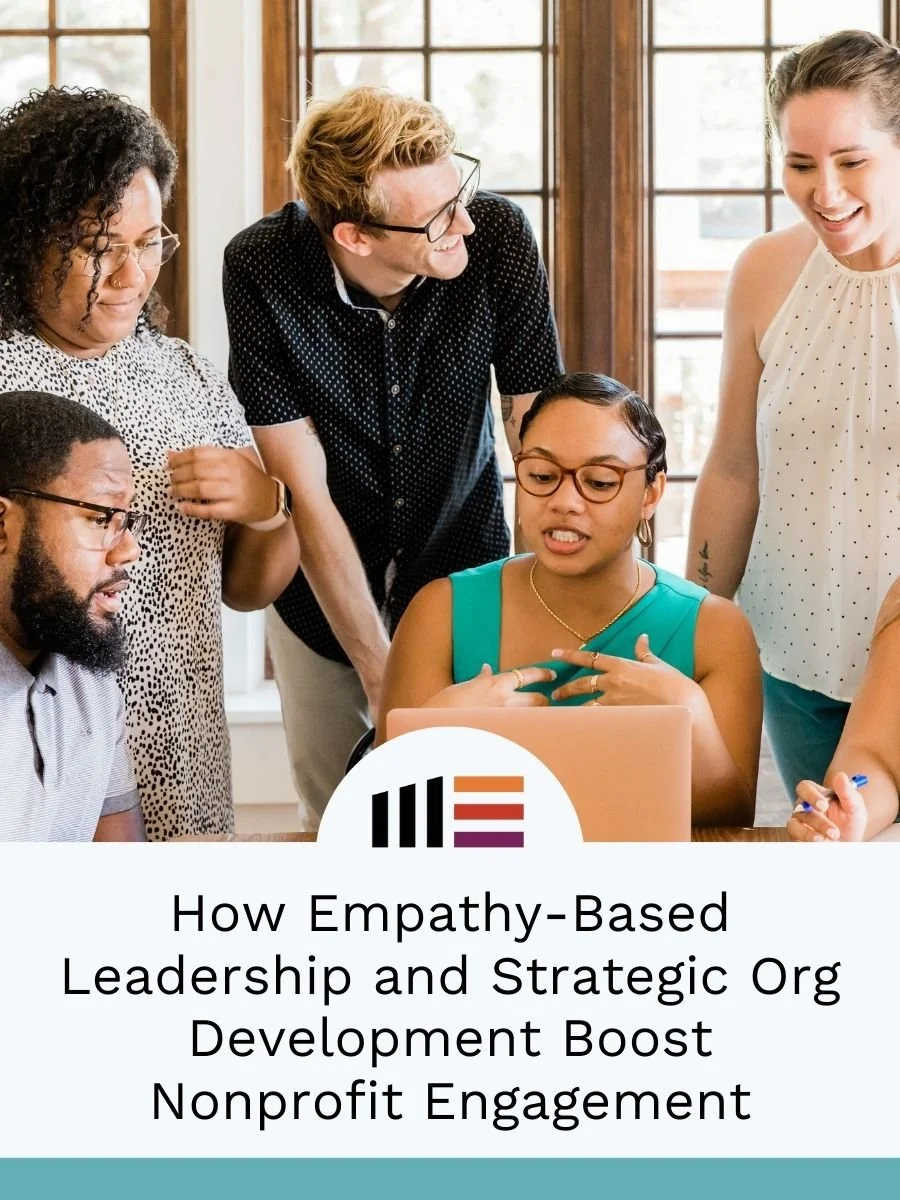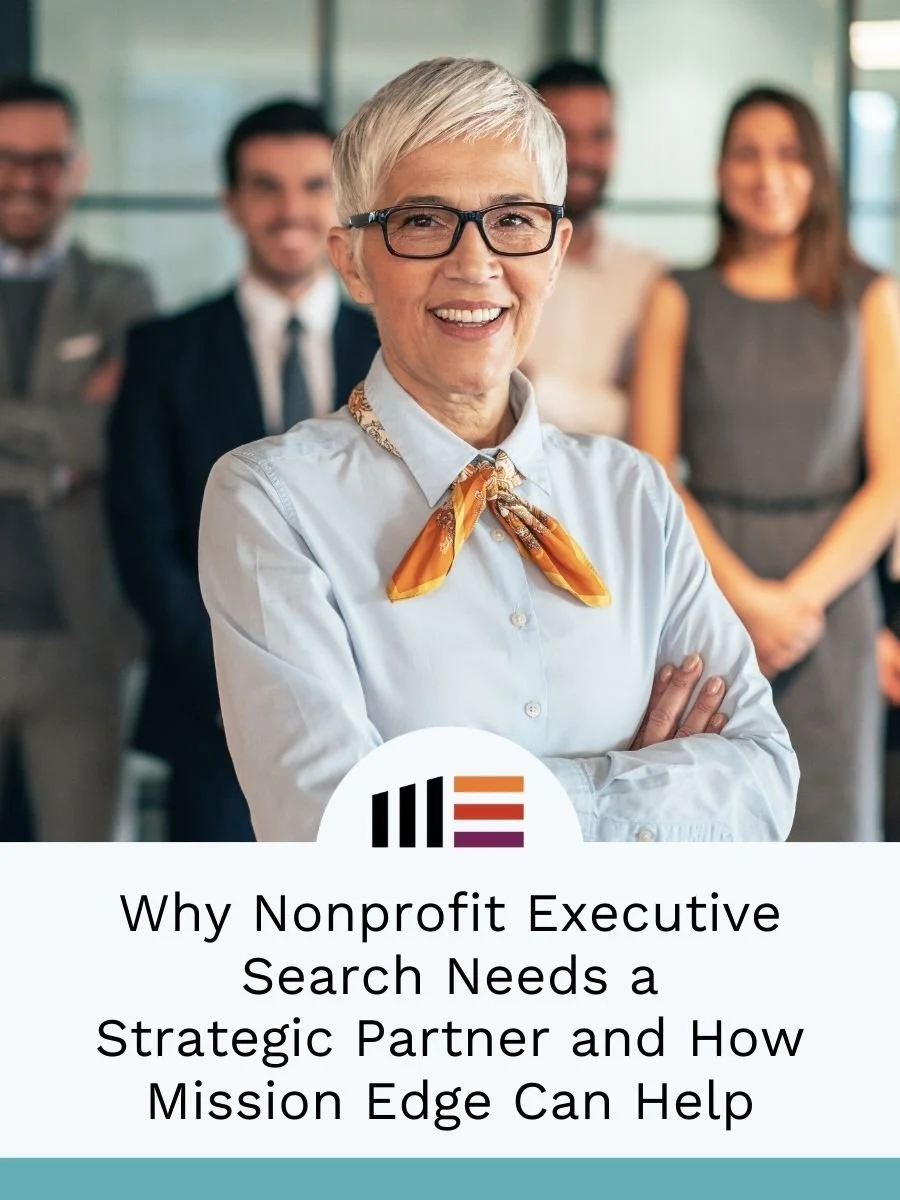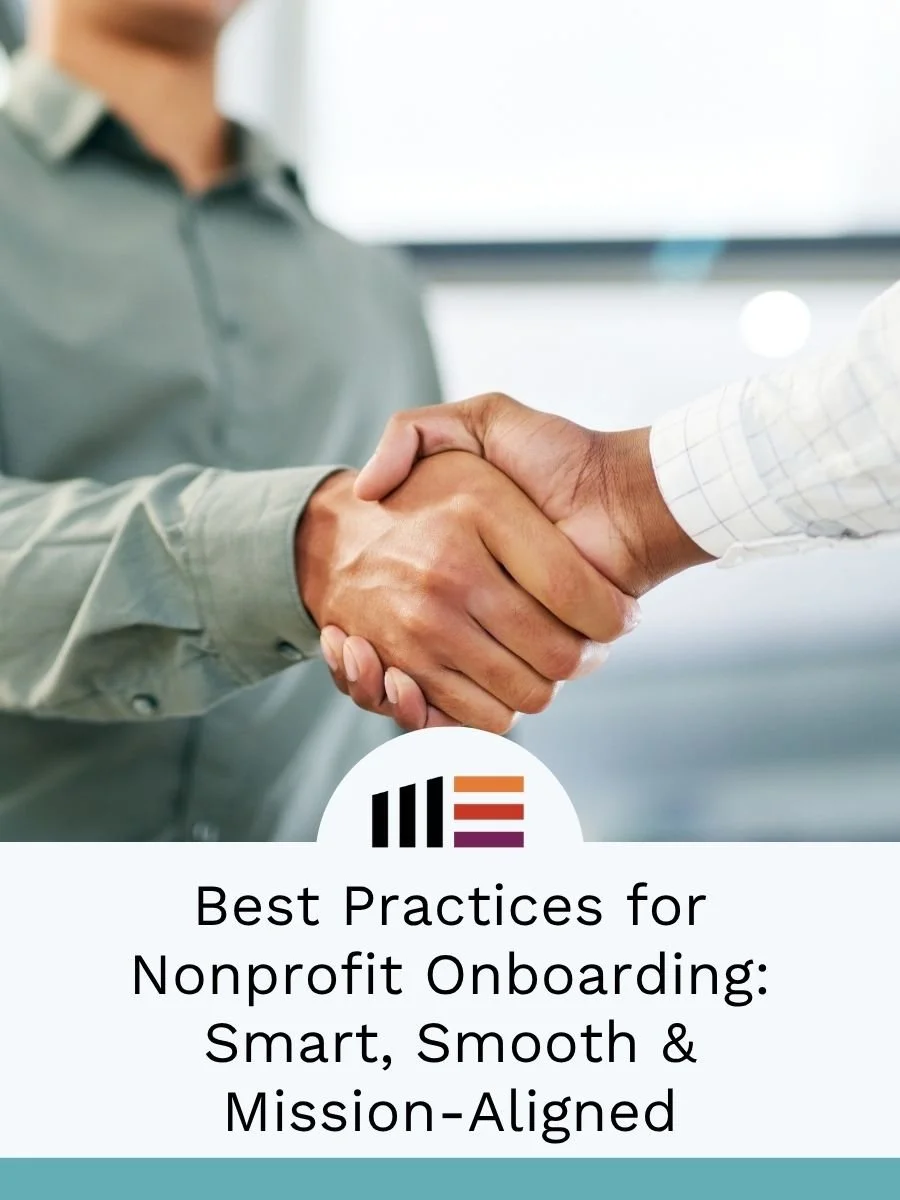Do Nonprofits Need To Comply With Employment Laws?
Nonprofits are driven by purpose, not profit. But when it comes to employment laws, the IRS, Department of Labor, and state agencies don’t carve out exceptions based on mission. Whether you’re a 5-person grassroots group or a multi-million-dollar organization, employment law compliance is not optional.
At Mission Edge, we support nonprofit organizations with HR compliance, employment law training, and policy development, because following the rules isn’t just about avoiding risk. It’s about protecting your people and your mission.
Yes. Nonprofits Must Follow Employment Laws
Why do some nonprofits believe they're exempt?
It’s a common misconception. Because nonprofits are tax-exempt under IRS 501(c)(3) status, some assume that exemption extends to HR compliance. But that’s not the case.
Nonprofits are required to follow:
Federal employment laws (FLSA, FMLA, Title VII, ADA, etc.)
State-specific labor codes (like state's wage & hour laws)
Local ordinances (e.g., paid sick leave, fair scheduling)
Industry-specific compliance rules (especially for healthcare, education, and childcare nonprofits)
In short: nonprofit status may offer tax relief, but not HR immunity.
According to SHRM, nonprofits often face higher compliance risk because of “leaner HR teams and a lack of formal policies or training structures,” making even well-intentioned organizations vulnerable to lawsuits or audits.
Which laws apply to nonprofit employees?
key areas where nonprofits must remain compliant:
Minimum wage and overtime rules (FLSA)
Meal and rest breaks (especially in states like CA, WA, OR, AZ, CO)
Harassment and discrimination laws (EEOC and state equivalents)
Reasonable accommodations under the ADA
Leaves of absence and paid sick leave rules
Employee classification (exempt vs. non-exempt)
Wage statement and recordkeeping requirements
Final pay rules and separation procedures
Whether your organization has one employee or 100, these rules apply if you’re issuing paychecks and our team of HR leaders can help your organization stay on top of these ever changing regulations.
Common Compliance Pitfalls for Nonprofits
Even the most well-meaning nonprofits make avoidable mistakes, often due to outdated policies or informal practices.
Misclassifying employees as exempt
Many nonprofits accidentally classify staff as “exempt” (aka salaried) from overtime rules when they don’t meet the salary and duties tests set by the Department of Labor. In California, for example, the minimum salary threshold for exempt status is twice the state minimum wage.
Improper use of volunteers or interns
Nonprofits frequently rely on volunteers and interns, but unpaid roles must meet specific legal criteria. According to Forbes, misclassifying an unpaid intern who should be treated as an employee can trigger wage claims, especially in labor-friendly states.
Lack of documentation
Without a compliant employee handbook, documented pay practices, and clear job classifications, organizations expose themselves to audit risk. As Harvard Business Review has noted, internal consistency is as important as external compliance especially when building trust with employees.
What Compliance Means for Your Mission
When you lead a nonprofit, it’s tempting to focus on programming and funding, while HR stays in the background. But employment law violations don’t just result in fines or lawsuits, they damage morale, derail operations, and distract from your mission according to recent studies.
Staying compliant helps you:
Retain great talent
Protect your reputation and grant funding
Avoid resource-draining legal claims
Create a fair, consistent employee experience
Put simply: compliance is part of the cost of doing business, even when your business is mission-driven.
How Mission Edge Supports HR Compliance for Nonprofits
We work with nonprofit organizations across the country to build internal systems that work for you and comply with the law.
Our HR team provides:
Policy and employee handbook development
Job description and classification audits
Wage and hour compliance checks
Training for managers on leave laws, documentation, and disciplinary process
On-demand HR consulting for real-time situations
Explore our Nonprofit HR Services to see how we help nonprofits build legally sound, people-first workplaces.
Want to go deeper? Read our related blog post on how nonprofits handle compensation, another area where compliance and trust intersect.
So, do nonprofits need to comply with employment laws? Absolutely.
Just like any other employer, nonprofit organizations must follow federal, state, and local regulations that govern how people are paid, treated, and supported at work.
Mission Edge is here to help you navigate that complexity, so you can focus on the people and communities you serve, without putting your mission at legal risk.
Mission Edge is here to help you navigate that complexity, so you can focus on the people and communities you serve, without putting your mission at legal risk.
Together, we can build a stronger, safer workplace.


















